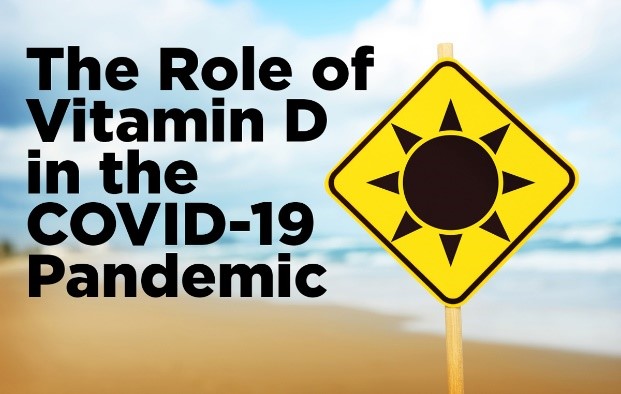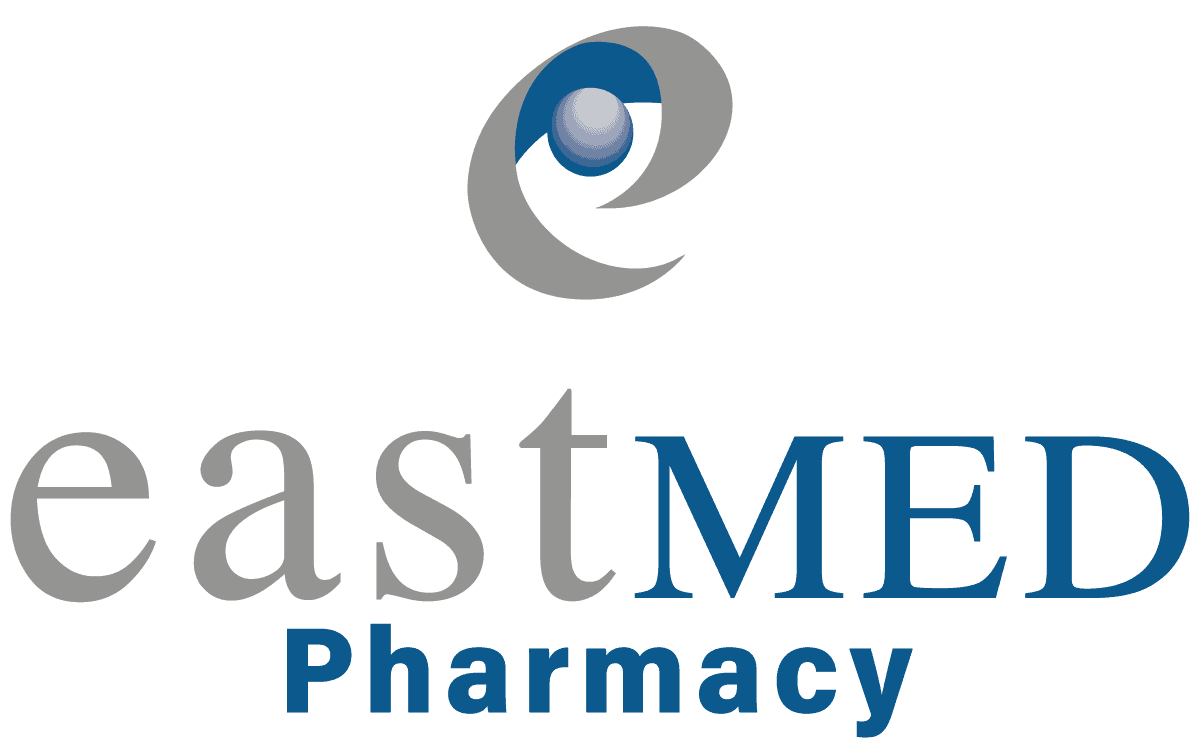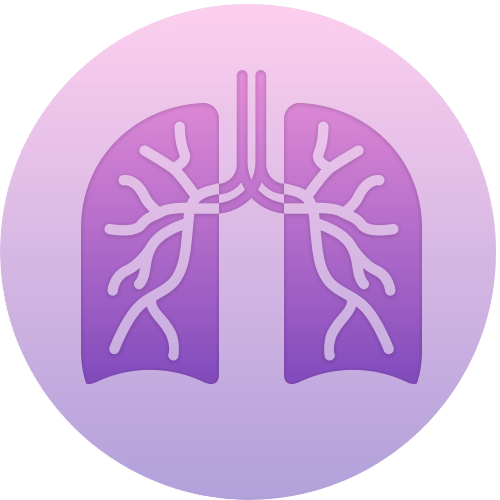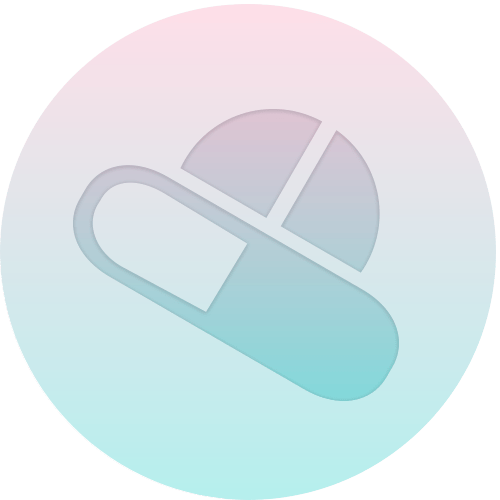Does vitamin D reduce the severity of COVID-19? (Part 2)

When I talk to my patients about vitamin D, almost all of them know exactly what it does – it keeps our bones healthy by maintaining an adequate level of calcium in our bodies. Vitamin D not only can strengthen our bones, but studies have also shown that it can reduce cancer cell growth, help control infections and reduce inflammation. Based on the amount of vitamin D receptors scattered over our body’s organs and tissues, it is fair to say that it may have a much more important role beyond just keeping our bones healthy.
Vitamin D, in its active form, is responsible for keeping our bones in check by making sure that we absorb enough calcium from our diet. In other words, if our vitamin D level is insufficient, no matter how much calcium supplements or calcium-rich food we consume, we can only absorb approximately 15% of it.
So why is maintaining a healthy level of calcium important? It’s simply because having adequate levels of calcium may prevent us from bone diseases (rickets and osteomalacia) that can soften and weaken our bones.
One of the fascinating things about our body is that whenever our body feels as though we are not getting enough calcium from our diet because of low vitamin D levels, it will trigger a cascade of responses from a small gland in your neck called the parathyroid gland to release a hormone called PTH (Parathyroid Hormone). This hormone is responsible for assisting our body to source sufficient calcium for the body to function properly. PTH mainly achieves this by promoting the release of calcium from the most abundant source – our bones. This triggering response can reduce our bone density gradually over time and increasing our risk of osteoporosis.
There is no doubt about the importance of vitamin D in keeping our bones healthy. In fact, several studies link low vitamin D levels with an increased risk of fractures in the elderly, and they suggest that high dose vitamin D supplementation may prevent such fractures from happening. However, the role of vitamin D in disease prevention and the benefit of taking doses beyond the recommended daily allowance is not conclusive.
How does vitamin D help with our immune system?
There have been numerous studies looking at the association between vitamin D deficiency and autoimmune diseases such as multiple sclerosis and type 1 diabetes. There is also emerging evidence showing vitamin D could assist our immunity and help boost our body’s defenses to fight infectious diseases such as colds and the flu. Vitamin D does this by tempering the damaging inflammatory response of some white blood cells, activating and proliferating certain microbe fighting proteins.
A randomised controlled trial in Japanese schoolchildren involving 340 children found that the influenza rates in children who were given a daily dose of vitamin D (1,200 IU) during the height of the winter flu season were about 40% lower than children not taking any.
So, now the important question is:
Does vitamin D deficiency increase the severity of COVID-19?
To answer this question, we must first look at the population most impacted by COVID-19 and also how this school of thought came about. Based on all the available information, ever since the start of the COVID-19 pandemic, we know that groups such as the elderly and rest-home residents are disproportionally impacted by COVID-19. Traditionally, people in these groups are usually vitamin D deficient. Hence, suggesting a possible link between vitamin D deficiency and COVID-19 severity.
What we also know is that the severity of COVID-19 infection is determined by the presence of conditions such as pneumonia, severe acute respiratory distress syndrome, all of which involve underlying inflammation. One of the major defense mechanisms in our immune system to control inflammation and combat against viral infection is through the works of a T-lymphocytes. It has been consistently reported that COVID-19 patients have low T-lymphocyte levels and are markedly lower in severe cases. It can be postulated that if the levels of T-lymphocytes can be somehow increased, it might have a beneficial effect in reducing the severity of COVID-19.
Now the interesting thing is that T-lymphocyte levels can be increased by vitamin D supplementation. In other words, if vitamin D does increase T-lymphocytes and sequentially reduce the severity of COVID-19, then the next question is would vitamin D supplementation be the panacea to decreasing the impact of the pandemic?
In reality, however, it might not be as straightforward as we think. According to The Lancet’s findings from the D-Health randomised clinical trial, more than 20 000 Australian adults were recruited from the general population. It suggested that monthly doses of vitamin D did not reduce the risk or severity of acute respiratory tract infections. Although the trial indicated a statistically significant effect on the overall duration of symptoms, the reduction was deemed to be small (half a day) and unlikely to be clinically relevant.
Final thoughts
When looking at COVID-19 specifically, there is at this stage insufficient evidence; or the evidence available is not conclusive to suggest whether vitamin D supplementation offers a relatively safe option to decrease the impact of the pandemic. Further studies are necessary to determine if vitamin D plays an important role in preventing or reducing the severity of COVID-19.
However, in saying so, as we approaching the end of summer in the coming months, the amount of time spent outdoors will be reduced as the weather gets colder. Hence, I think it would be wise for those who are at high risk of vitamin D deficiency (e.g elderly) to discuss with their doctor and get their vitamin D levels checked and corrected accordingly.
Low-dose vitamin D can be purchased from pharmacies. It is important to bear in mind that there is a potential for vitamin D toxicity if you take it more than the usual daily dose. It is important to talk to your pharmacist or doctor first before you start taking vitamin D to prevent unnecessary supplementation.
Stay safe everyone.



















